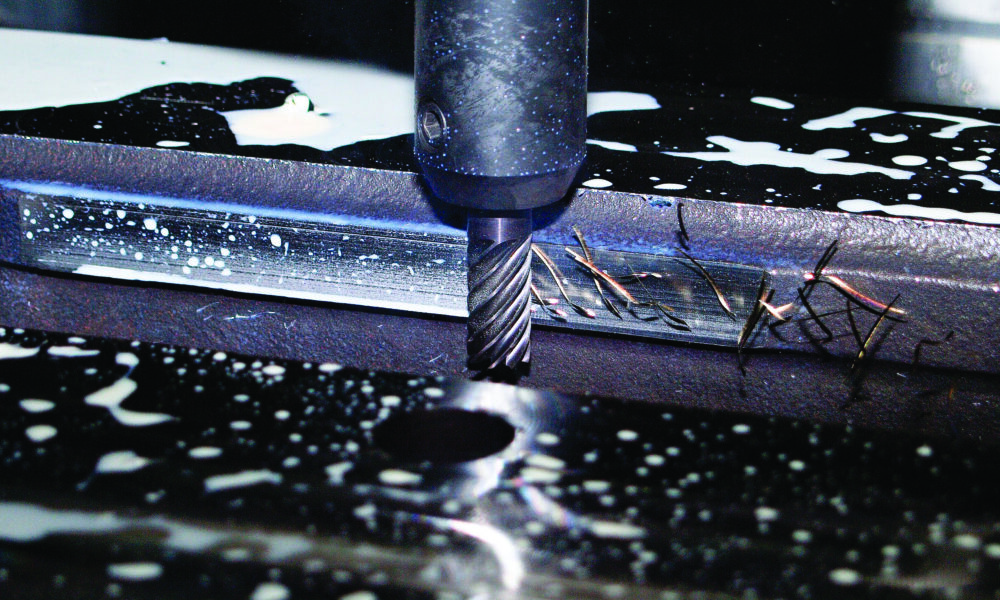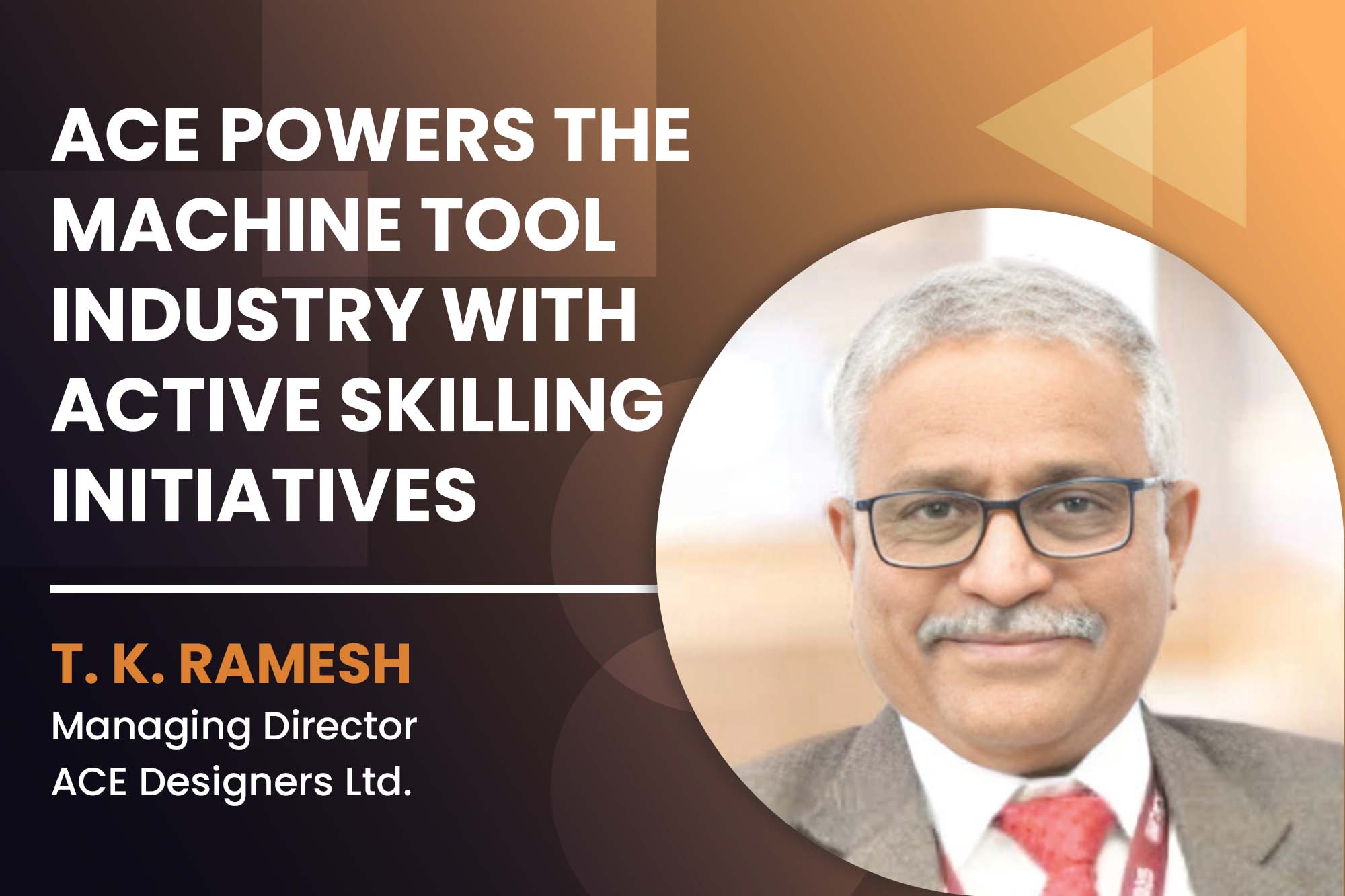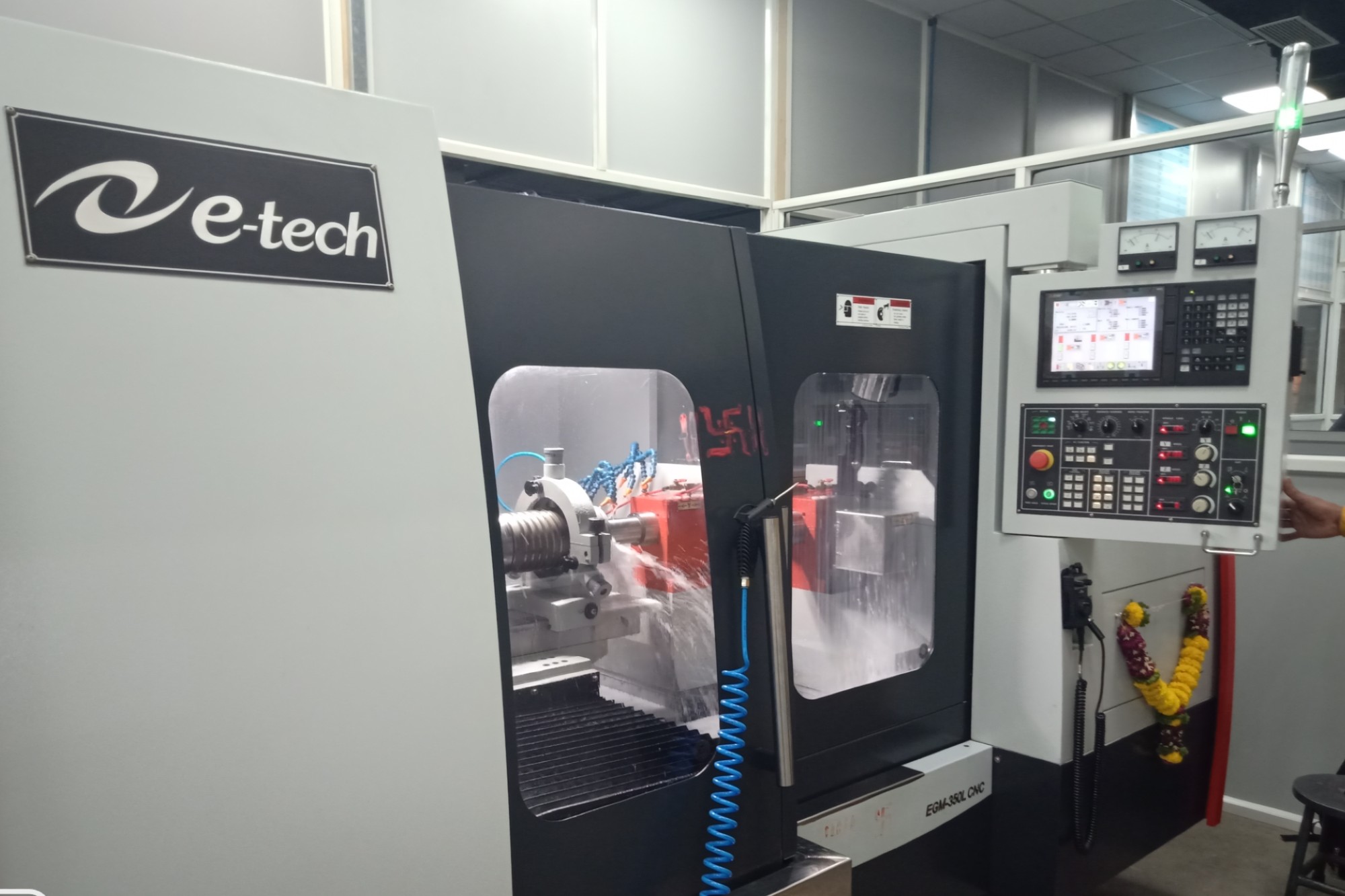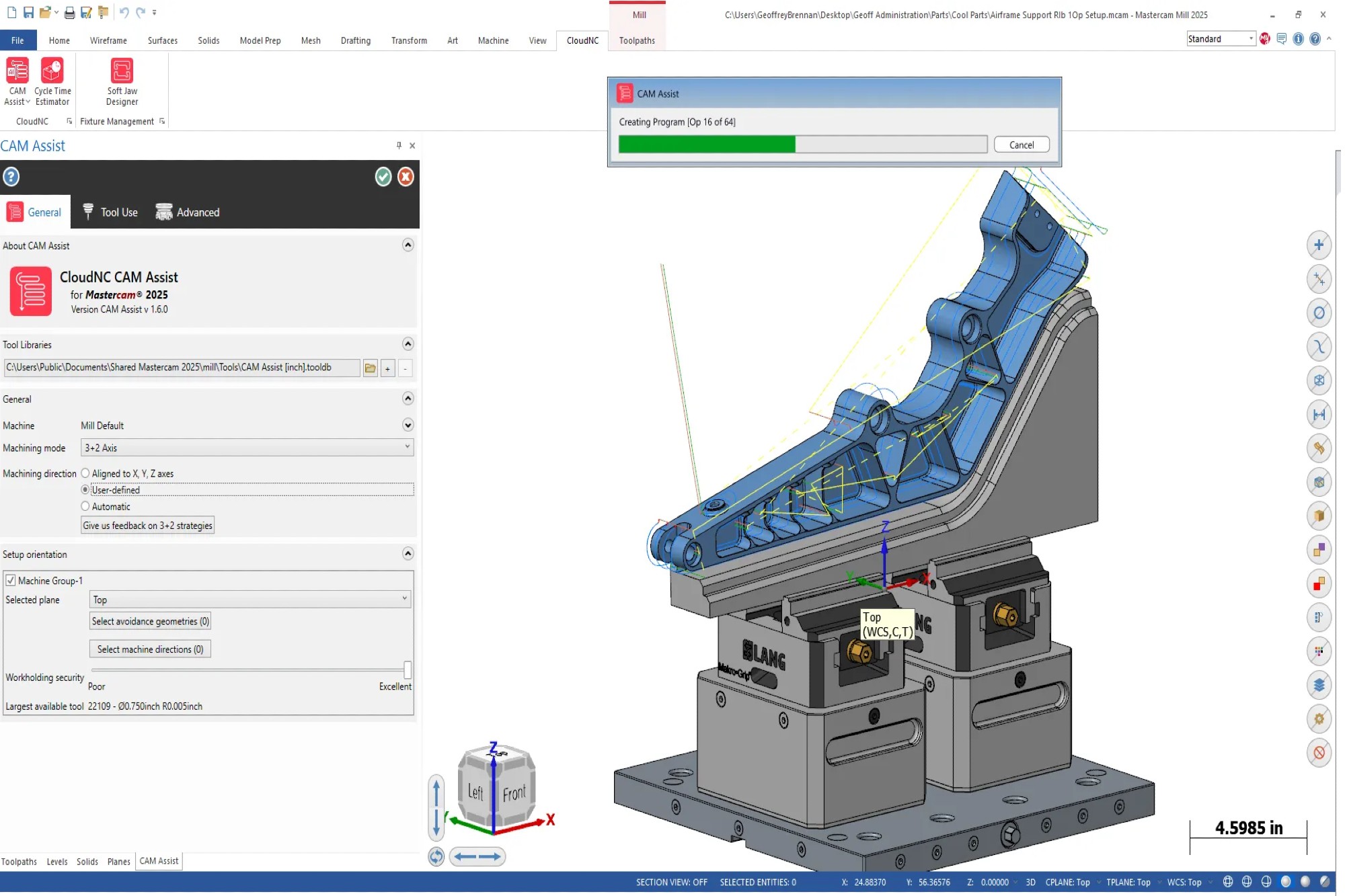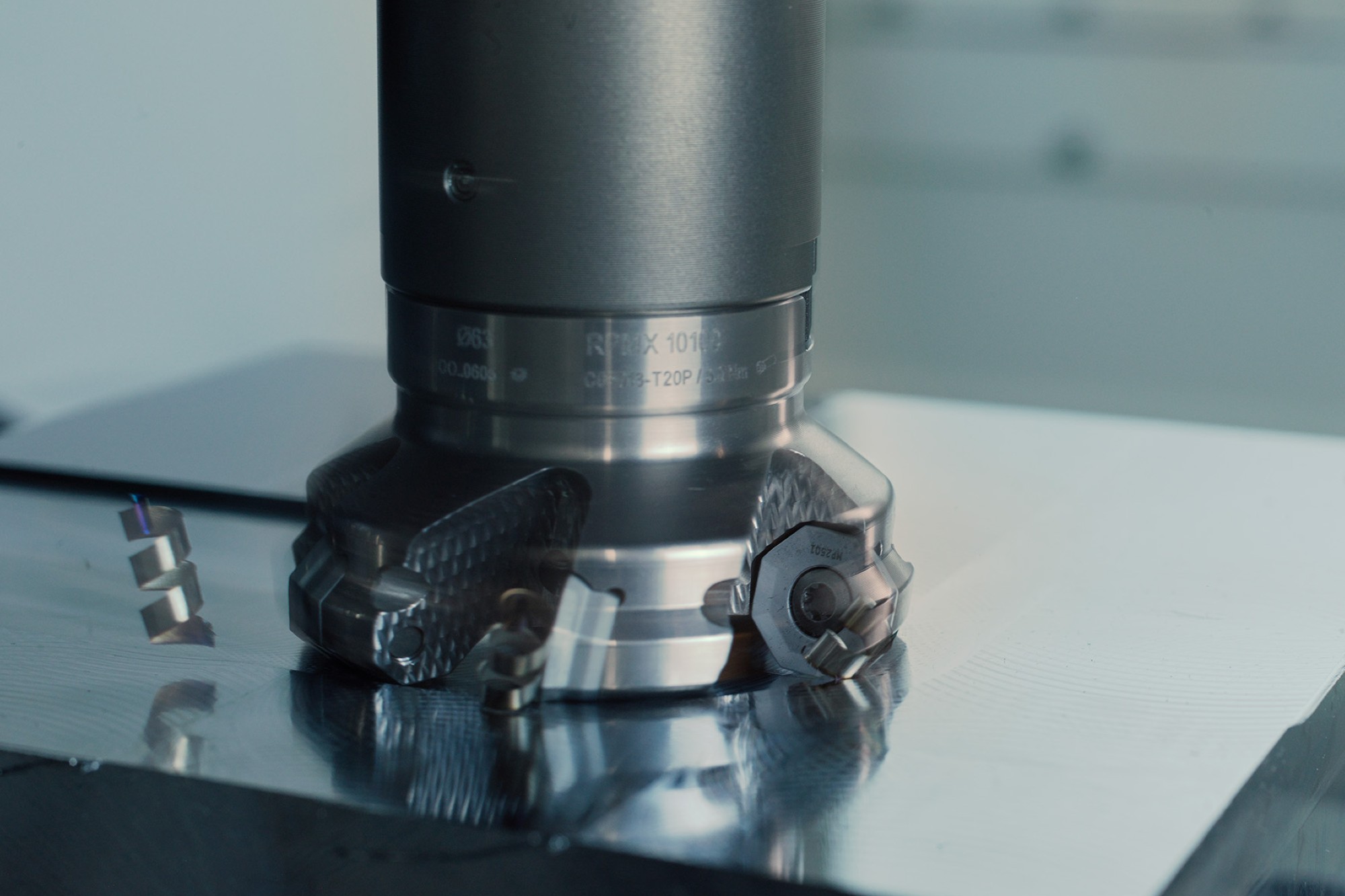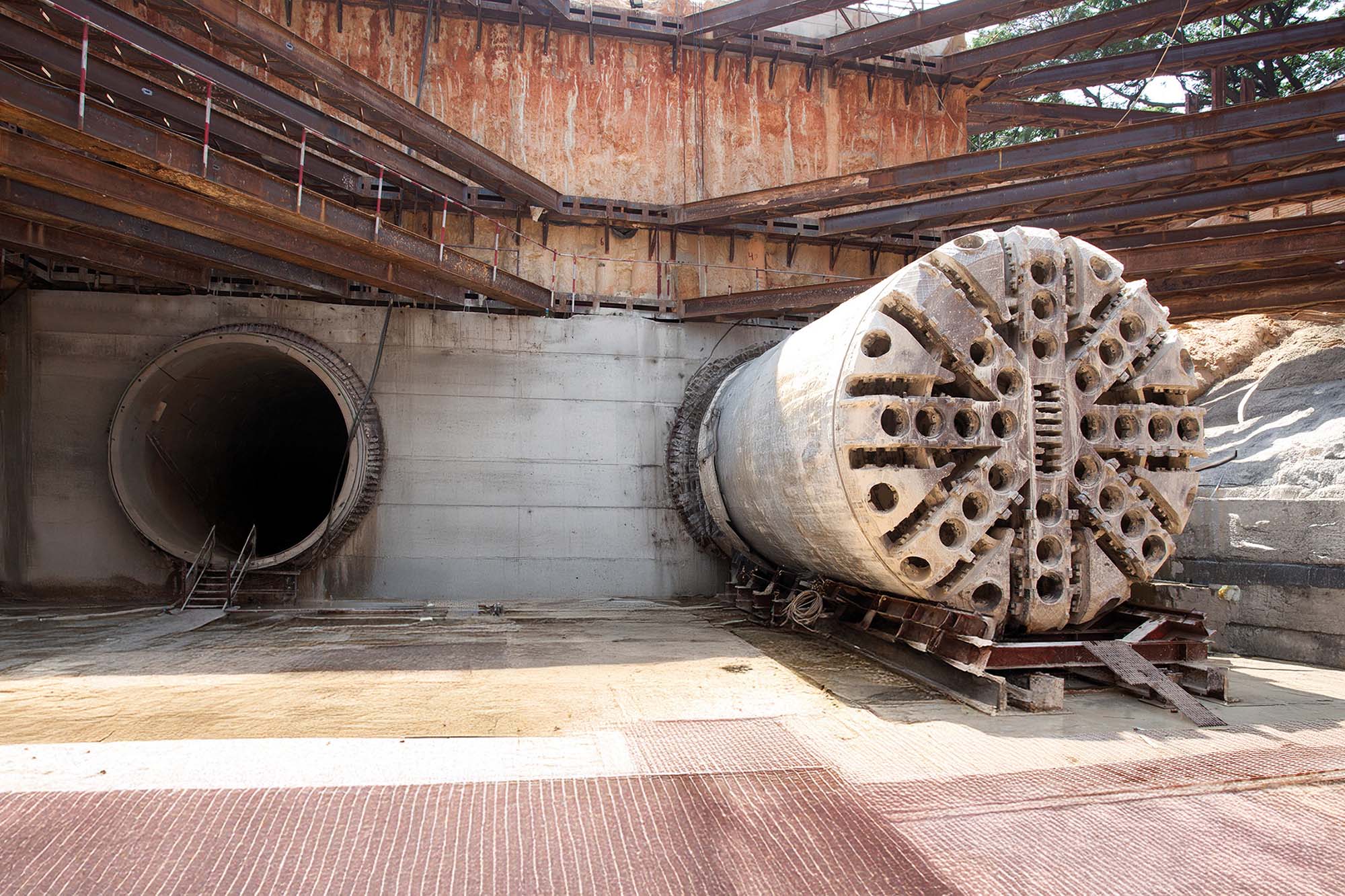Incentivising machine tools with increasing localised manufacturing
By OEM Update Editorial March 3, 2021 5:35 pm IST
Talking about the financial assistance provided during the recent union budget 2021, industry leaders from machine tools sector express optimism towards the growth of machine tools across manufacturing scenario.
Indian manufacturing is estimated to stand at a 3.9 percent at present, and the long-term production is projected to grow at 5.6 percent in 2021.Machine tools holds a highest significance in Indian Manufacturing. Successful adoption of latest and innovative trends has amplified the growth and efficiency of tooling industry. Over the recent years innovative tools have been redefining the machine tool industry.
Impacts of Union Budget 2021
One of the main objectives of the 2021-22 union budget is to promote domestic Indian manufacturing, and to help Indian manufacturing companies enter global value chains in order to increase their exports. Improved infrastructure is a must if the Indian Government is to achieve its dream of India becoming a $5 trillion economy. “From the perspective of the Indian machine tools sector, which I know well, I think this budget shows that the Indian government is standing right behind all sectors of industry, including machine tools”, says Anil Kumar, Director of Inovance Technology India.
Whereas, Rama Kirloskar, Director, Kirloskar Brothers Ltd., felt that the budget 2021 addressed the needs of the unorganized labour force, with the proposal to launch a portal to collect relevant information on gig workers, building/construction workers, among others. This will help formulate health, housing, skill, insurance credit and food schemes for migrant workers. This proposal is indeed required to make India’s workforce future ready for machine tools sector among the others.
According to Vineet Seth, Managing Director – South Asia & Middle East, Mastercam APAC “Budget had quite some positive points, including doubling MSME expenditure to ₹17,000 crore which enables the manufacturing also. The economic revival is predicated upon infrastructure projects. I-T waiver for senior citizens, tax assessment reduction to three years, tax holiday extension for start-ups by a year are significant positives. Overall, the Budget hits the right notes. The Distributed nature of domestic end-user verticals across agriculture, transportation and other industries are truly taking us towards Aatmanirbhar Bharat.”
Expansion opportunities for machine tools sector
Machine tools are used across the manufacturing sector. So, if the government’s new focus on manufacturing boosts domestic manufacturing, then it will certainly increase the size of the customer base of Indian machine tool manufacturers. “As a sector, machine tools have been badly affected by the pandemic – not least because they are heavily dependent on automotive customers which have taken a major downturn themselves, but the machine tool market is picking up again fast,” adds Kumar.
Talking about the opportunities, Seth prefers to mentions about opportunities in automobile manufacturing. “The recent pandemic has enabled us to rely on local industries. With the Government’s main mantra of Aatmanirbhar Bharat, there are various parallel initiatives, such as Skill India, Make in India, Engineering Cluster Development, etc., that are gradually building an ecosystem of manufacturing. Naturally, this decade is very important to the machine tools sector, as there are discussions on establishing alternative sources of fuel for automobiles by the end of the next decade. Increased emphasis towards localised manufacturing is likely to cut down the imports of tools and dies, and promote local MSMEs to fill the gap created by the import reduction. Even MSMEs and first generation entrepreneurs are now considering a CNC machine as a de-facto subtractive manufacturing investment, as opposed to their peers, 20 years back.
From association point of view, Raghavan, Vice President IMTMA, says “Automobile sector has been a significant part of our businesses as they are the biggest consumers of machine tools, but the entry of other sectors seems to create a promising future of machine tools sector. Apart from the infrastructural growth, we see an exponential growth in the commercial vehicles segment, and this will intensify more in the future. “Also, a lot of investments are coming in for the railways, defence, equipment, machines. Moreover, with privatisation and with opportunities created under Atmanirbhar Bharat and Vocal for Local, we can expect sea of opportunities to increase the capacity of Indian manufacturing as a lot of companies have started making machine and technologies locally.”
Impacts and challenges coming in from PLI scheme machine tools sector
PLI scheme definitely has the potential to grow domestic manufacturing in India, and, since it covers plant and machinery for manufacturing in its target sectors. The scheme will definitely encourage domestic manufacturing of machine tools to some degree. It should, therefore, also incentivise Indian companies to invest more in automation equipment generally.
“I particularly like that the scheme invites foreign companies to set up units in India. It’s hard for me to say what the challenges of this scheme are, but I do think that it’s important that it is communicated to the world in the right way. And in my view, the right way to present this scheme is that India wants to build up domestic Indian manufacturing in order that it can compete and export globally,” says Kumar.
Vocal for Local “future of Indian machine tools in the global manufacturing sector”
PLI Scheme – The government’s aim to spend ₹ 1.97 lakh crore on various PLI schemes over the next 5 years is a step in the right direction. This move is likely to attract global players in the Indian manufacturing sector as the government is planning to offer plug-and-play infrastructure. The special focus on manufacturing will also assist in augmenting Foreign Direct Investment (FDI) in this sector which is undoubtedly the need of the hour. Kumar says, “I would like to think the Vocal for Local scheme isn’t about ‘locking out foreign business’ but is about shedding light on the importance of helping Indian companies to sell internationally. I hope it will help grow Indian machine tool exports. Here, at Inovance, we sell to and talk to Indian machine tool companies every day and, certainly, I believe the Indian machine tools sector is strong. And it’s also a sector that I believe should realistically be able to become a strong exporter. Both because India has some of the strongest engineering and technical skills in the world, and exporting machine tools is in some ways a much easier prospect than exporting mass manufactured products because international freight costs – in relation to the total cost of a machine tool – are relatively small.” Industry 5.0 is very much a marketing buzz word in some regards! But my understanding is that it is focused on the cooperation between man and machine, and finding the best possible way to include humans in the loop when it comes to automation. Kirloskar adds, “The really obvious example of this is perhaps cobots, but it goes well beyond this. It’s about ensuring all industrial automation products – from AC Drives to PLCs to HMIs to industrial robots – are safe and easy to use. And that people can interact with them intelligently, for example to ensure that they can easily download and analyse data that will help them improve production efficiency. Ensuring that people can interact with and use our automation products safely and efficiently is one of our core goals here at Inovance during product development. We always have and always will see people as absolutely central to any factory – no matter what level of automation is employed.”
Business moving towards industry 5.0
Considering the current market scenario of the manufacturing industry, there is a wide change in the manufacturing process by creating smart and automated production flows with emphasizing digital communication to continuously optimize production. This production model is known as Industry 4.0, which also brings a variety of things on a single platform such as the internet of things (IoT), cloud computing, cognitive computing, cyber-physical systems, artificial intelligence, and machine learning.
Kumar says, “Because it is true that India has lower labour costs, I think that Indian factories will always have larger numbers of workers than western factories. For India therefore, Industry 5.0 and ensuring people can safely work alongside automation technology – may be more relevant than it is in other countries.” Compared to Industry 4.0, Industry 5.0 aims to put human involvement in the development and production of factories with advanced technologies. Industry 5.0 is all about granting human operators the benefits of robots such as technical precision and heavy-lifting capabilities.
Quotes:
For India therefore, Industry 5.0 – and ensuring people can safely work alongside automation technology – may be more relevant than it is in other countries.
Anil Kumar, Director of Inovance Technology India
————————————
The economic revival is predicated upon infrastructure projects. I-T waiver for senior citizens, tax assessment reduction to three years, and tax holiday extension for start-ups by a year are significant positives.
Vineet Seth, Managing Director – South Asia & Middle East, Mastercam APAC
————————————
Apart from the infrastructural growth, we see an exponential growth in the commercial vehicles segment, and this will intensify more in the future.
Ravi Raghavan, Vice President IMTMA
————————————
Ensuring that people can interact with and use our automation products safely and efficiently is one of our core goals here at Inovance during product development
Rama Kirloskar, Director, Kirloskar Brothers Ltd.Cookie Consent
We use cookies to personalize your experience. By continuing to visit this website you agree to our Terms & Conditions, Privacy Policy and Cookie Policy.



